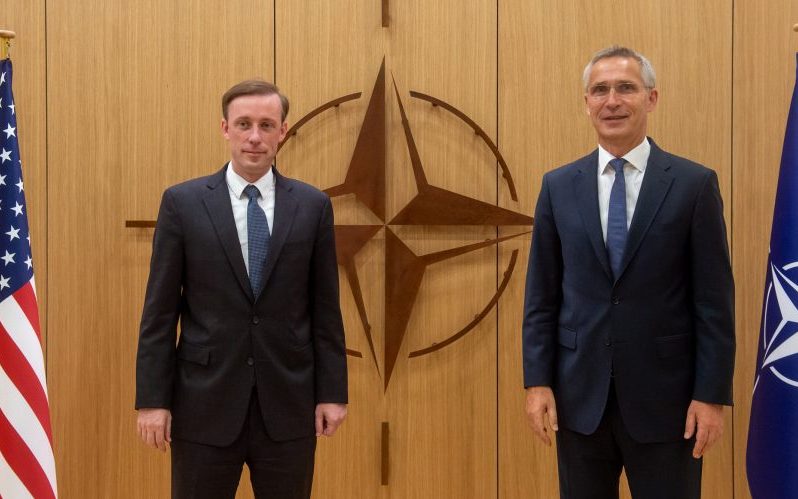
Presidential Delegates: The Politicization of Intelligence and Political Appointees
The politicization of intelligence products is a recurring issue that can have extreme effects on how foreign policy is conducted, how military operations and orders of battle are planned, and how intelligence is presented to policymakers. This politicization can clearly have an effect on intelligence and how it is presented to policymakers and the public. One of the most contested and interesting examples of the politicization of intelligence was in the lead-up to the 2003 Iraq War.

Damage Control: What Ms. Marvel Tells Us About the State of Homeland Security in the United States
Marvel Studios’ latest addition to the Marvel Cinematic Universe (MCU) is Ms. Marvel, the TV series which showcases Kamala Khan, a Pakistani-American high school student who gains cosmic energy powers from a family heirloom, fights crime and becomes a superhero in her native home of Jersey City, NJ. One area that has been often overlooked in the discourse surrounding this series has been the behavior of the U.S. Department of Damage Control (DODC), a rather lesser agency than S.H.I.E.L.D or S.W.O.R.D, yet one that has been around for many years within the background of the MCU. With Ms. Marvel, however, we get a rather different view of the agency, one that has been hinted at before but never fully seen.

Changing the Playing Field: Non-Traditional Security Threats and the State of International Security
Whenever national security is brought up in public discourse, it is commonly thought of and discussed in stricter terms. Images of military personnel performing combat operations, government-sponsored hackers performing network intrusions, or hypersonic missile launches are among the first images. However, these are only part of the entire national security threats posing nation-states around the globe. Non-traditional security threats pose a real and serious challenge to the Intelligence Community and the U.S. national security strategy as a whole.

